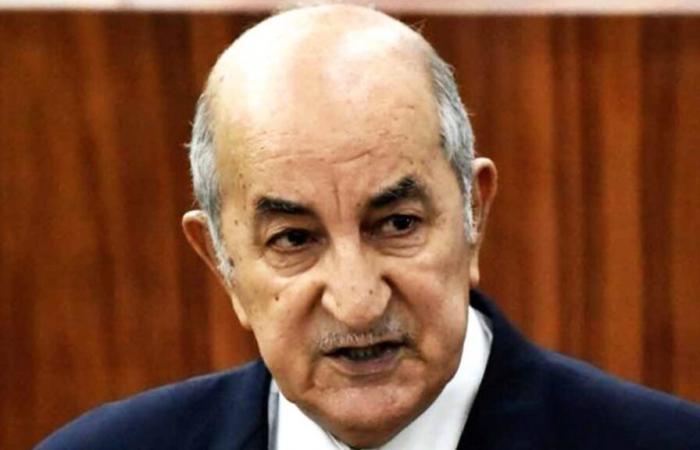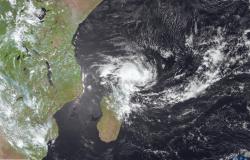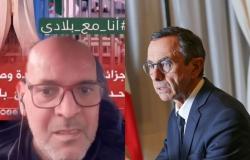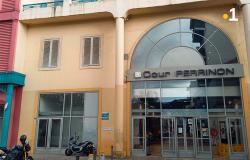For decades, Algeria has been seen as a key player in the global energy market, particularly with regard to natural gas and oil. However, complex dynamics linked to geological, economic and political constraints have radically changed the situation for this country.
The current situation, marked by stagnant production capacities and growing internal consumption, poses critical dilemmas for the Algiers regime and its economic prospects.
The 2015 geological incident: the tipping point
In 2015, Algeria suffered a major geological incident on its gas fields, which caused a sudden drop in its production capacity. This event had immediate repercussions on the country’s ability to honor its export commitments, particularly within the framework of long-term contracts with Europe. Aging infrastructure and natural depletion of deposits, combined with a lack of investment in exploration and exploitation, have exacerbated this situation.
Read also | Algeria under Tebboune: a country at war with itself?
Despite the opportunities offered by the European energy crisis, amplified by the boycott of Russian gas following the conflict in Ukraine, Algeria has not been able to fill the void left by Moscow. Limited production capacities, compounded by the constant increase in internal consumption, have restricted its ability to meet the growing demand of its European partners.
A national energy dilemma: export vs. internal consumption
The Algerian regime faces a difficult choice: favor internal consumption to meet the needs of a rapidly growing population or maintain its exports to guarantee foreign currency income. Domestic demand for natural gas has exploded, notably due to massive subsidies.
Read also | Sahara conflict: 10 diplomatic setbacks isolate Algeria and sound the death knell for its protégé
In this context, natural gas, once a strategic asset for exports, is increasingly absorbed by the domestic market. This leads to a reduction in the supply available to foreign customers, making Algeria’s competitiveness on the international market even more difficult, where new players like the United States and Qatar are carving out market share.
Renewable energies, a colossal challenge
To respond to these challenges, Algeria announced a plan aimed at integrating 15 gigawatts of renewable energy into its energy mix by 2030. This project, which mainly aims to release part of the natural gas used for the production of electricity in order to allocate it to exports, is based on the development of solar energy, abundant in the Maghreb.
Read also | A former Algerian minister calls on the military to abandon their policy on the Moroccan Sahara [Vidéo]
However, several obstacles make this objective difficult to achieve. Projects are progressing at a slow pace, and contract award procedures lack transparency and efficiency. Institutional flaws, lack of local skills and economic uncertainties seriously compromise the implementation of this plan. Currently, Algeria remains far from achieving the objectives it set for itself in terms of energy transition.
The declining oil sector: another facet of the crisis
The oil sector, a historic pillar of the Algerian economy, is also going through a period of prolonged stagnation. Peak production was reached in 2012, and since then, volumes extracted have declined steadily, remaining barely above 1 million barrels per day. Repeated announcements of new oil discoveries, often relayed as major successes, have not been enough to mask the reality: these discoveries are limited and do not make it possible to compensate for the decline of mature fields.
Read also | Abuses of Algerian influencers in France: Between diplomatic crisis and attempts at destabilization
Furthermore, large international companies, formerly attracted by Algerian prospects, now show little interest in this market. Despite contracts considered attractive, regulatory complexity, political instability and competition from other more lucrative oil regions have helped to turn away investors.
Limited prospects despite underexploited potential
Algeria’s inability to seize the opportunities offered by the European energy crisis highlights the limits of its energy strategy. Excessive dependence on hydrocarbons, combined with poor economic diversification, places the country in a vulnerable situation. Although the development of renewable energies represents a promising path, its implementation requires profound structural reforms, strong political commitment and mobilization of financial and human resources. Conditions that the Algiers regime, today prey to dull popular anger and youthful protest, cannot deploy.






